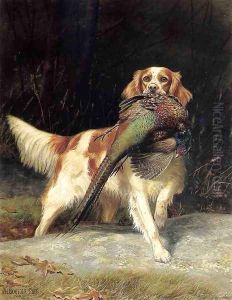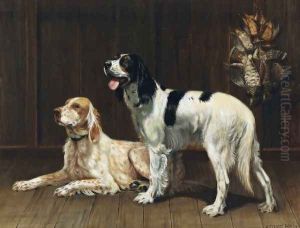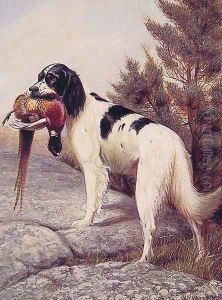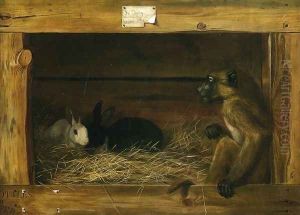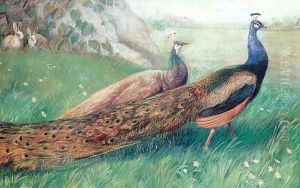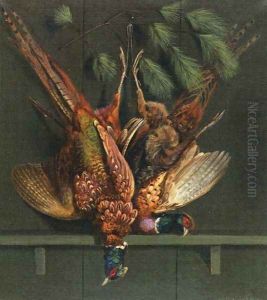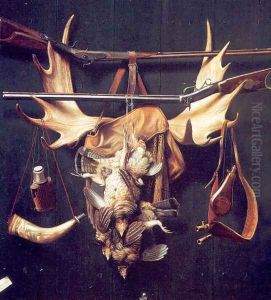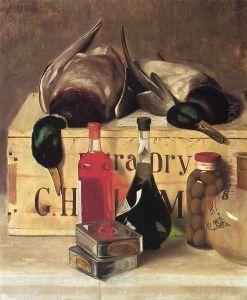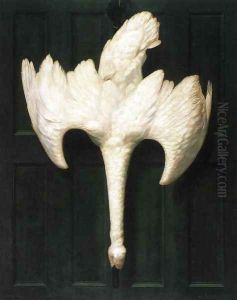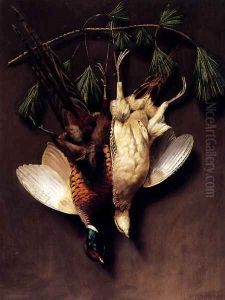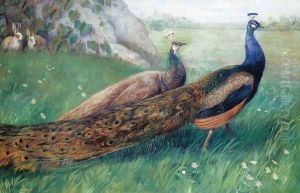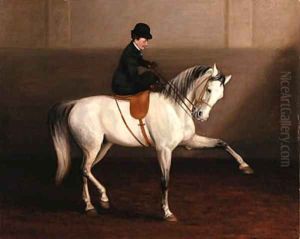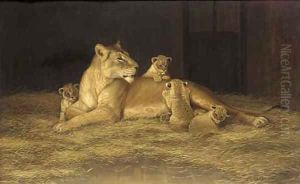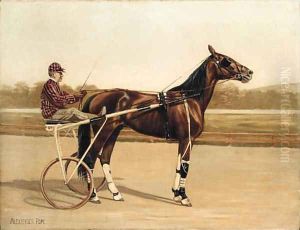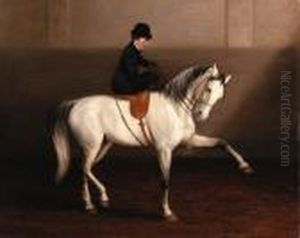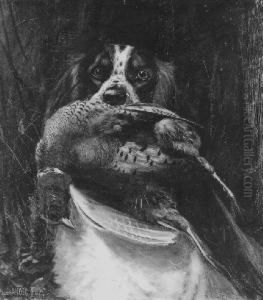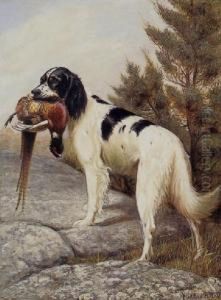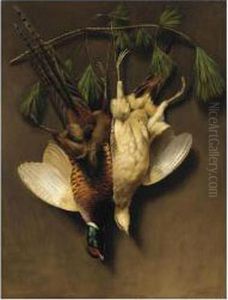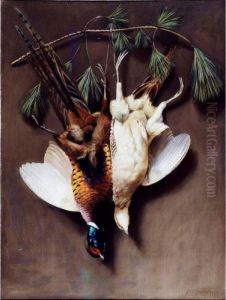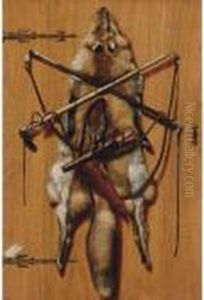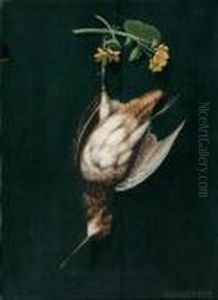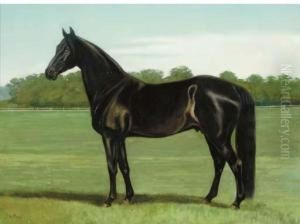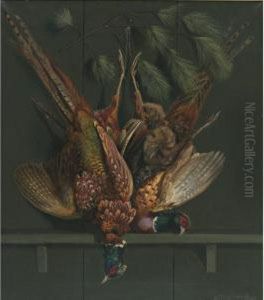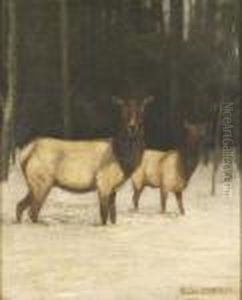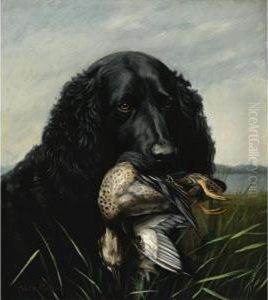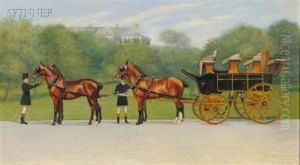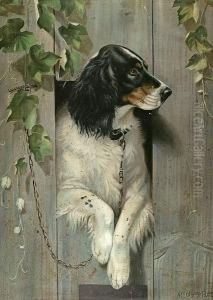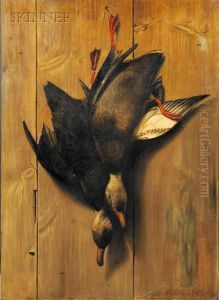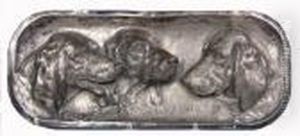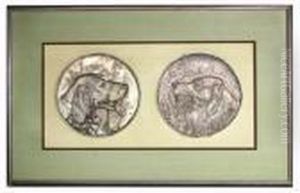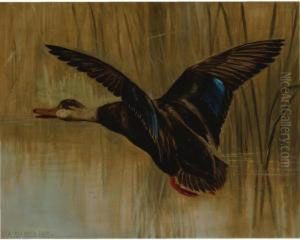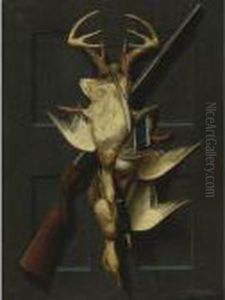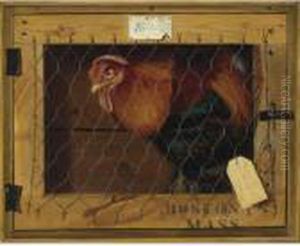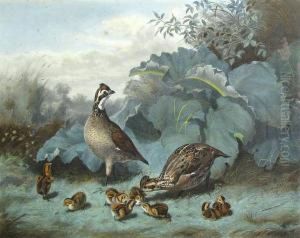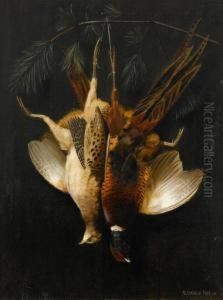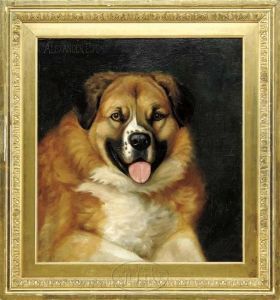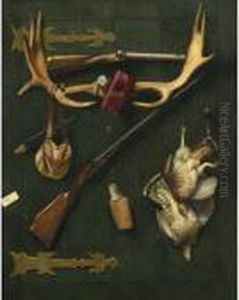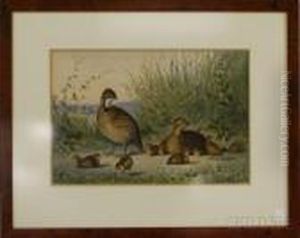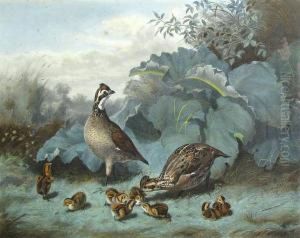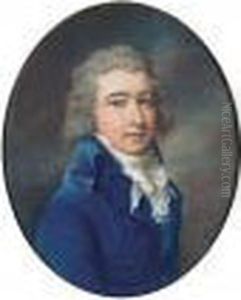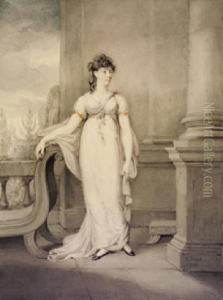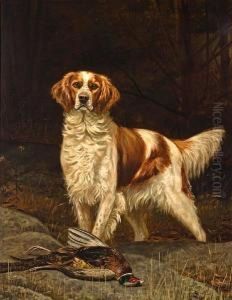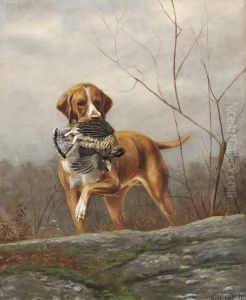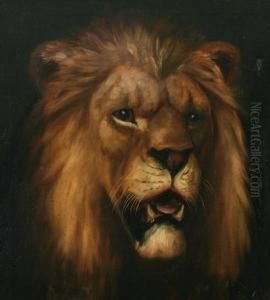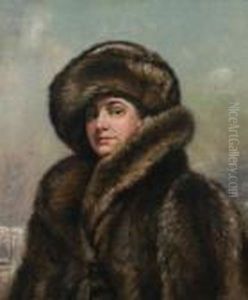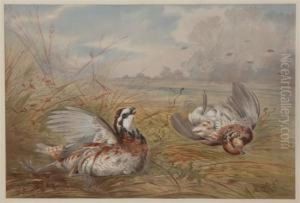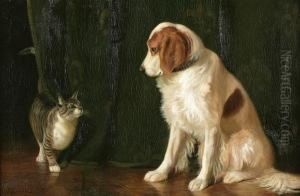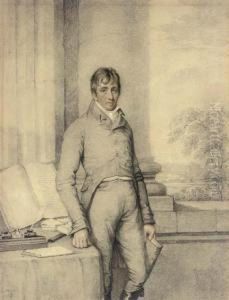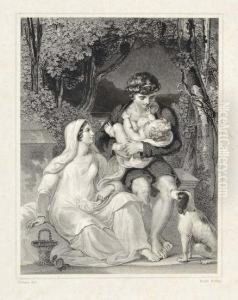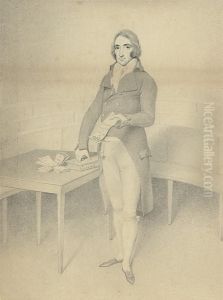Alexander Pope Paintings
Alexander Pope was an English poet and satirist who is considered one of the greatest poets of the Enlightenment and the foremost poet of the early eighteenth century. He was born on May 21, 1688, in London, to a linen merchant and his wife, both Catholics. At that time, anti-Catholic sentiment was rampant in England, and Pope's religion would be a source of much difficulty throughout his life.
Pope was a precocious child who learned to read by the age of three and was taught to write by his aunt. Due to his Catholic faith, he was unable to attend public school or university and was largely self-educated. He suffered numerous health problems, including tuberculosis of the bone, which led to a form of dwarfism and severe curvature of the spine.
Despite these challenges, Pope immersed himself in literature and taught himself French, Italian, Latin, and Greek. By the time he was in his early twenties, he had already written some of the works that would secure his reputation. His early poetic works include 'Pastorals' (1709) and 'An Essay on Criticism' (1711), the latter of which contained his famous line 'To err is human; to forgive, divine.'
Pope's most renowned work is perhaps 'The Rape of the Lock' (1712, revised in 1714), a mock-heroic narrative poem that satirizes a minor high-society quarrel by comparing it to a mythological epic. He is also well-known for his translation of Homer's 'Iliad' and 'Odyssey' into English, a massive undertaking that brought him both fame and financial stability.
In his later years, Pope focused on more philosophical and satirical works. 'The Dunciad' (1728), a scathing satire of literary dullness and mediocrity, and 'An Essay on Man' (1733-34), a philosophical poem presenting Pope's views on the universe and the role of humans within it, are among his most significant later works.
Pope's writing is characterized by his sharp wit, use of the heroic couplet, and an emphasis on harmony and order which reflected the neoclassical principles of his time. Despite his health and the political disadvantages of being a Catholic, Pope navigated the literary world with great skill, becoming one of the first English poets to live off his pen.
Alexander Pope died on May 30, 1744, at the age of 56. His contribution to English literature, particularly in the form of the heroic couplet and satirical verse, remains influential, and he is recognized as a master of the early 18th-century heroic couplet.
